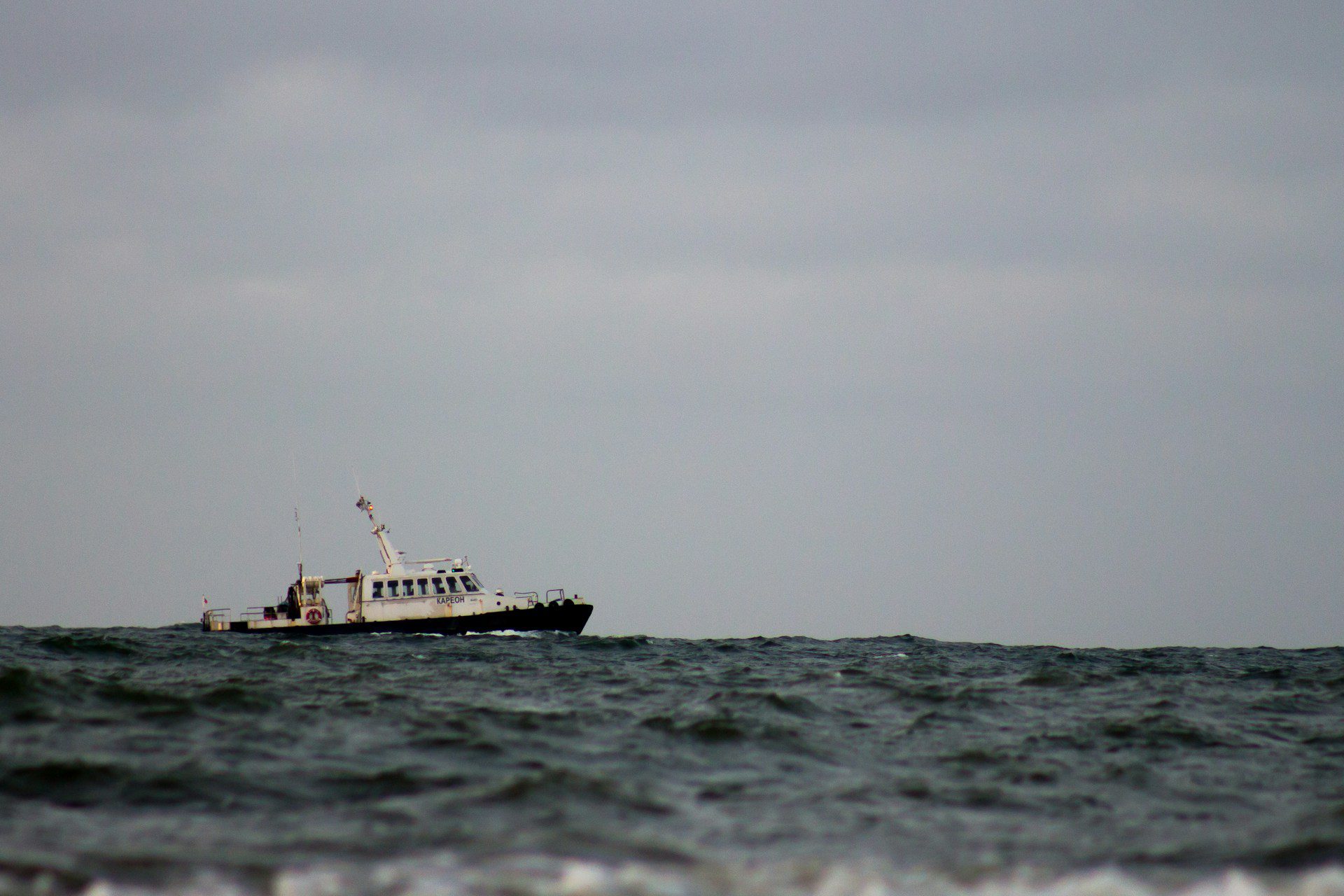“On fishing boats, I’d work 10 hours and rest 14,” says Appia, 37, a father of five. Supply boats were 12 hours of work, 12 hours of rest. “But I have never worked more than my hours of rest until I came here.”
A deckhand on a scallop dredger in the North Sea, he says he regularly works 20 hours with only four hours’ rest and no proper days off, leaving him exhausted. The conditions he describes would breach UK legislation on fishing industry working hours, which stipulate 10 hours’ rest in any 24-hour period.
“Working overtime continuously reduces your strength and leaves you overstressed,” he says, speaking from a ship in a Scottish port, from a small cabin he shares with three other migrants.
“You can easily forget things,” he adds. “It’s a dangerous job. If you do forget something, like connecting and disconnecting thick wires on the dredges … you could be dead.”
Appia was hired on a transit visa, intended to allow non-British crew to join ships leaving UK ports for international waters. Boat owners apply for transit visas on the basis that their vessel operates “wholly or mainly” outside UK territorial waters, which are defined as more than 12 nautical miles from shore.

